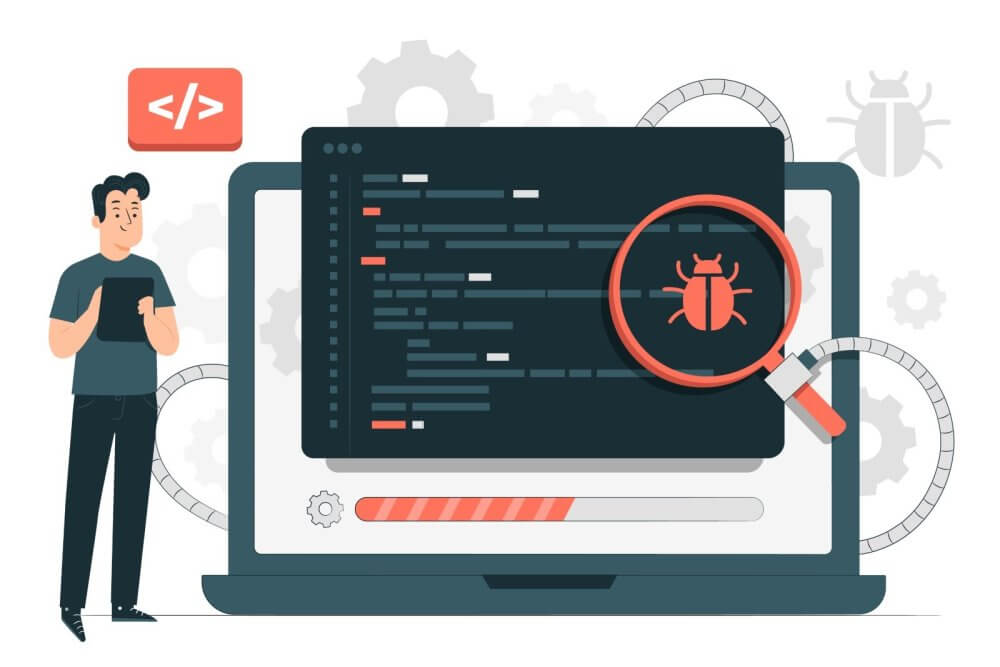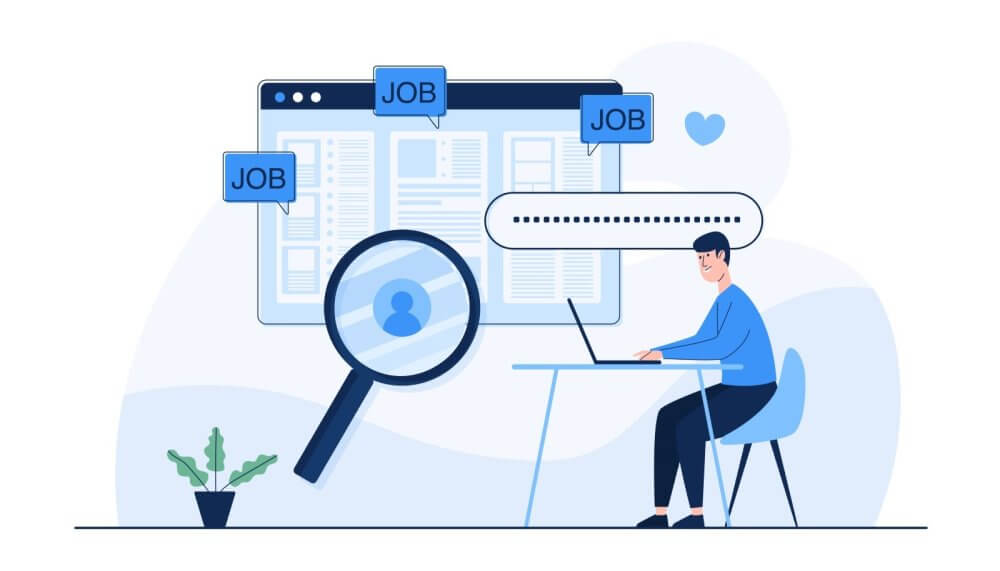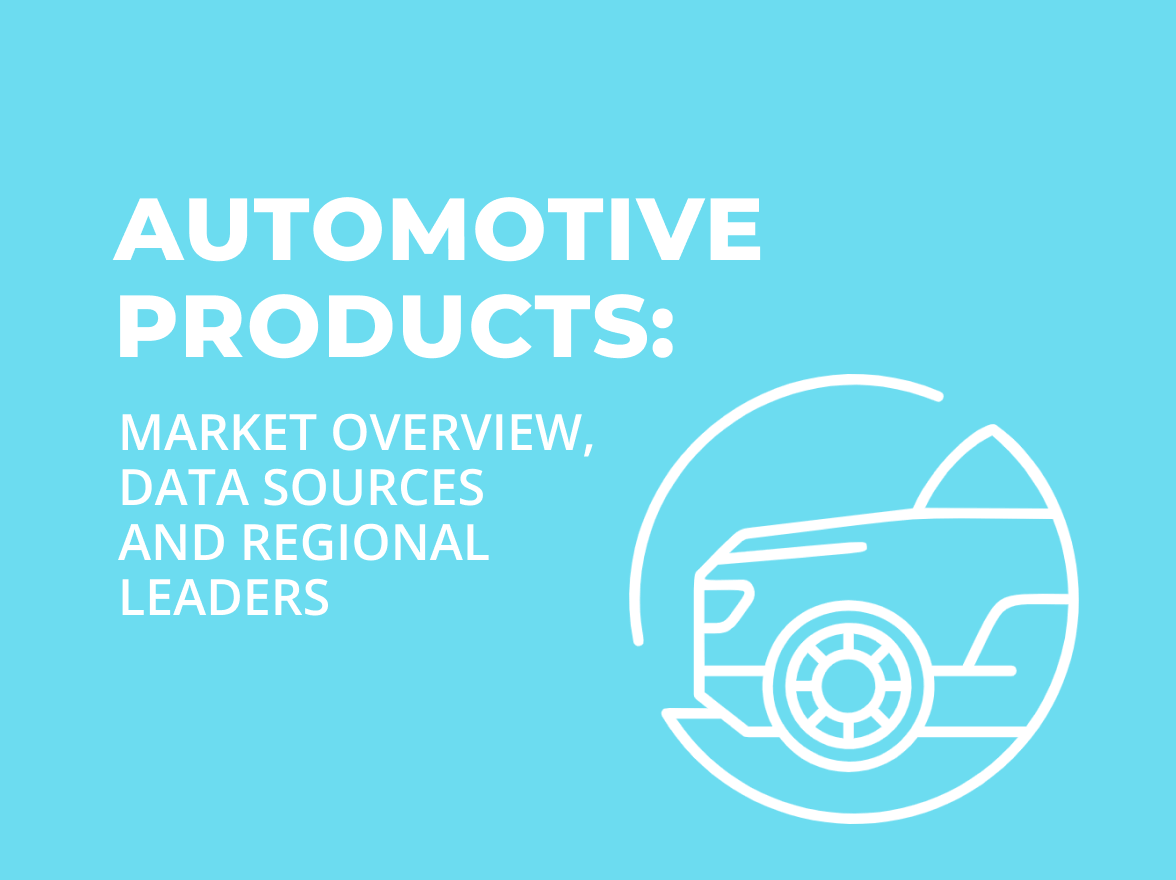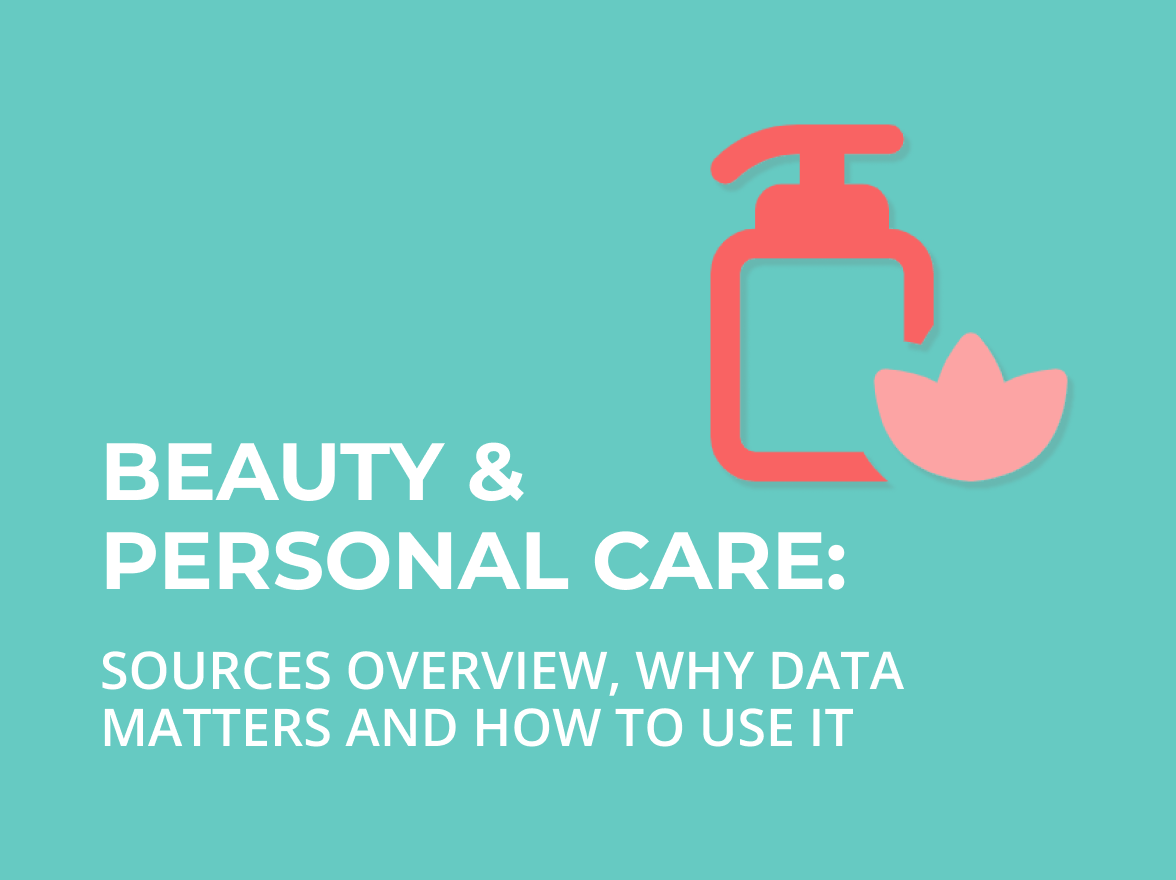Automotive products: Market overview, data sources, and regional leaders
The automotive products market, spanning car and motorcycle parts, accessories, consumables, tools, and tires, is vast, resilient, and increasingly digital-first.

In today’s data-driven economy, reliable web crawling services are the backbone of countless industries. From tracking competitive prices in ecommerce to collating the latest job postings, every day hundreds of sectors lean on powerful, automated crawlers to stay agile, informed, and competitive. Whether you’re part of a startup analyzing market sentiment or a large enterprise managing massive product catalogs, understanding industries using web crawlers is essential. In this post, we explore the key sectors that rely heavily on web crawling, examine prominent web crawling use cases, and explain why these industries simply can’t operate efficiently without this tech.
At SSA Group, we’ve supported enterprises across verticals by delivering tailored crawling pipelines, robust data cleaning, and uptime guarantees that meet enterprise-grade needs. Let’s dive in.

Online retail thrives on data. Businesses constantly monitor competitors’ prices, promotions, and available inventory. This is where web crawling services shine—automating real-time data collection across thousands of online stores.
A typical ecommerce crawler pipeline might look like this:
| Task | Purpose | Frequency |
| Product listing crawl | Price, title, SKU, images | Hourly/daily |
| Competitor promotion scan | Discount offers, coupons, bundles | Daily |
| Review sentiment scraping | Star ratings, text summarization | Daily/weekly |
| Inventory status check | Out-of-stock detection | Hourly |
High-frequency crawling requires scale and robustness, plus anti-blocking strategies like rotating IPs and realistic browser simulation.
In fast-moving financial markets, up-to-date data is non-negotiable. Fintech firms, hedge funds, and analysts use crawlers for:
Consider this real-world pipeline:
The result: real-time dashboards and algorithmic signals that feed trading platforms or inform investor decisions.
Scaling this reliably means handling rate limits, parsing multiple formats (HTML, PDF, JSON), and ensuring uptime—making web crawling use cases in finance highly demanding.

Platforms that list job vacancies—such as Indeed, Glassdoor, or niche job boards—aggregate data from thousands of employer sites. They rely on crawlers to:
These crawls help platforms maintain impressive job inventories, giving users fresh, diverse opportunities aggregated in one place.
Without reliable web crawling services, platforms face stale listings, duplicated job ads, undermining user trust and search relevance.
From flight aggregators to hotel booking engines, travel platforms depend heavily on scraping:
These crawlers must be reliable; missing data can mean lost bookings. Especially around holiday seasons, scalable crawling becomes critical.
Real estate portals like Zillow (US) or Housing.com (India) rely on crawlers to:
These use cases overlap with job and travel portals, with emphasis on location-based crawling—leveraging geospatial parameters and proximity metrics.
Brands across sectors—from apparel to electronics—use crawlers to monitor:
These crawling use cases play a vital role in reputational protection and competitive insights. Enterprises often extend this to wholesale channels, customer reviews, or even product insert content.
Services like Yelp, TripAdvisor, or niche B2B directories depend on web crawlers to:
These crawlers power search experiences and local SEO—which drive footfall and bookings.

Academic researchers in linguistics, political science, or web science use web crawlers to:
Here, accuracy and metadata integrity (timestamp, author, source) are essential. Reproducibility demands consistent crawls with logs and versioning.
Though different from commercial needs, these are still robust web crawling use cases that benefit from professional-grade solutions.
Across all the above sectors, several common themes emerge:
The breadth of industries using web crawlers is vast—from ecommerce to academia, finance to local businesses. Each vertical relies on web crawling services to gather timely, accurate, and large-scale data that powers critical decisions and user experiences. Whether you’re matching prices in crowded marketplaces, building real-time dashboards for investors, or aggregating the latest job openings, reliable crawling forms the foundation of data-led operations.
By investing in enterprise-grade solutions like those from SSA Group, organizations ensure uptime, scalability, compliance, and extraction quality. In our introduction, we mentioned SSA Group as a partner in powering data strategy, our approach is trusted across verticals for delivering enterprise-grade crawler pipelines.
Q1. What are common web crawling use cases across industries?
From price monitoring and job aggregation to sentiment analysis and academic corpus building, web crawling use cases encompass any automated data collection from websites at scale.
Q2. How do data-driven industries benefit from web crawling services?
Sectors like ecommerce, finance, travel, and real estate use crawlers to acquire fresh, competitive, and structured data—critical for decision-making, user experience, and staying ahead of the competition.
Q3. Do I need to worry about compliance when using web crawling services?
Yes. Reliable providers manage legal obligations (robots.txt, rate limits), monitor IP reputation, handle parsing ethically and transparently—aligning with EEAT principles and industry best practices.

The automotive products market, spanning car and motorcycle parts, accessories, consumables, tools, and tires, is vast, resilient, and increasingly digital-first.

The Beauty & Personal Care market is rapidly evolving — fragmented across private-label drugstores, prestige specialists, and fast-scaling e-commerce platforms.
you're currently offline